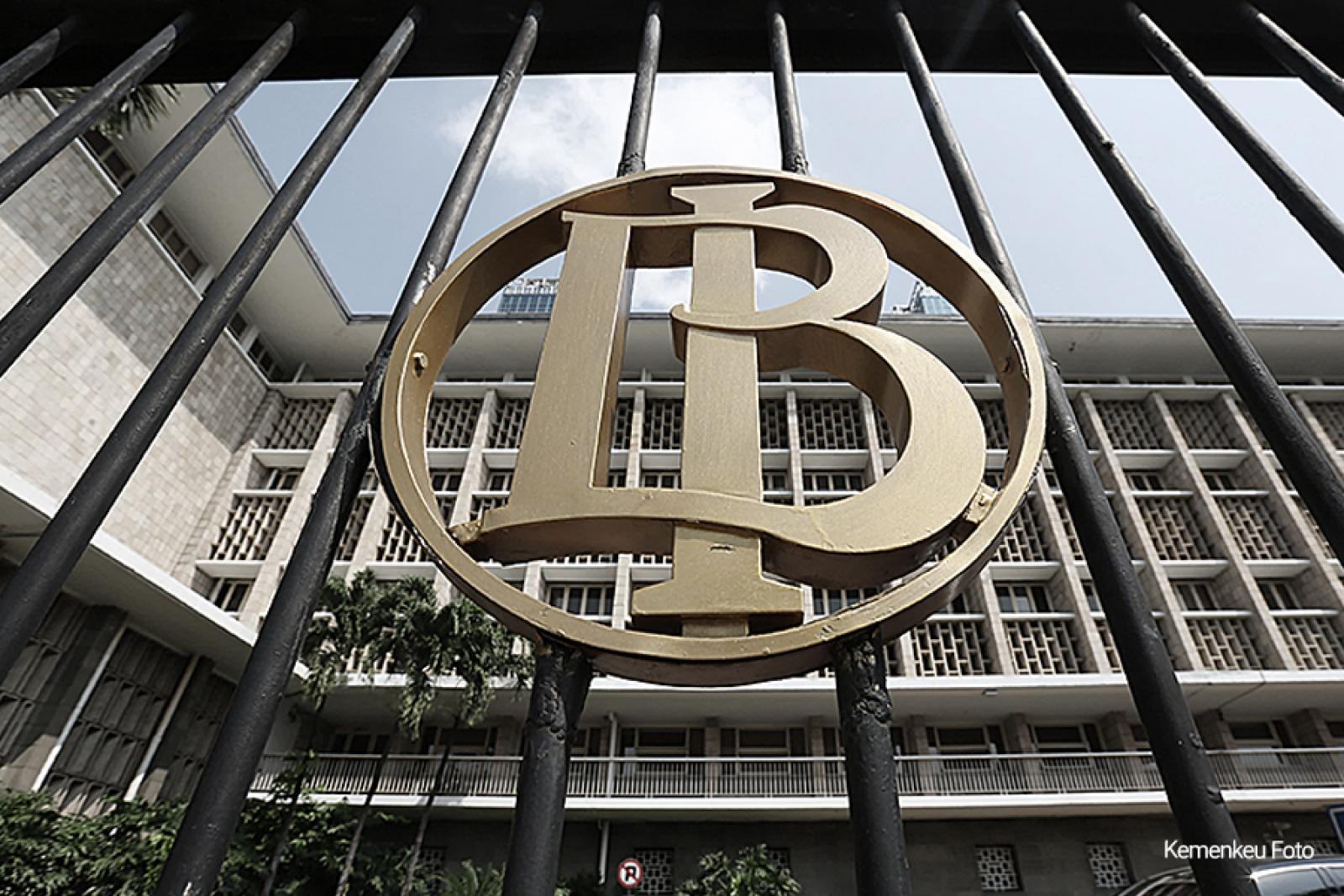
Asian stock markets are mostly trading sharply lower on Wednesday, following the sell-off on the Wall Street overnight, as markets in Australia, Japan, South Korea, Hong Kong, Singapore and Taiwan all tumbled. Weak commodity prices, concerns about global economic growth and uncertainty about the pace of U.S. interest rate cuts weighed on the markets. Asian markets closed mostly lower on Tuesday.
Traders reacted to data that showed a continued decline in U.S. manufacturing activity in August, which led to renewed concerns about the economic outlook.
The US Fed is expected to lower rates at its next meeting later this month, but there is some disagreement about the pace of rate cuts. According to CME Groups FedWatch Tool, there is a 63.0 percent chance of a quarter-point rate cut later this month and a 37.0 percent chance of a half-point rate cut.
Australian shares are trading sharply lower on Wednesday, extending the losses in the previous session, with the benchmark S&P/ASX 200 falling below the 8,000 mark, following the broadly negative cues from Wall Street overnight, with weakness across most sectors led by mining and energy stocks amid tumbling commodity prices.
Traders also reacted to data showing Australias economy grew less than expected in the three months to June and manufacturing activity also remained contractionary in August.
The benchmark S&P/ASX 200 Index is losing 160.10 points or 1.98 percent to 7,943.10, after hitting a low of 7,939.40 earlier. The broader All Ordinaries Index is down 169.90 points or 2.04 percent to 8,152.80. Australian stocks ended slightly lower on Tuesday.
Among major miners, BHP Group is losing more than 1 percent, Rio Tinto is down almost 2 percent and Fortescue Metals is declining almost 4 percent. Mineral Resources is flat.
Oil stocks are mostly lower. Origin Energy is edging down 0.2 percent, Santos is losing more than 2 percent, Woodside Energy is declining almost 2 percent and Beach energy is down almost 3 percent.
In the tech space, Afterpay owner Block and Zip are losing more than 2 percent each, while WiseTech Global is down almost 2 percent and Xero is declining more than 1 percent. Appen is surging almost 6 percent.
Among the big four banks, Commonwealth Bank, National Australia Bank and Westpac are losing almost 2 percent each, while ANZ Banking is down more than 1 percent.
Among gold miners, Northern Star Resources and Newmont are down more than 1 percent each, while Evolution Mining is losing almost 2 percent, Gold Road Resources is declining more than 4 percent and Resolute Mining is slipping more than 3 percent.
In economic news, Australias gross domestic product expanded a seasonally adjusted 0.2 percent on quarter in the second quarter of 2024, the Australian Bureau of Statistics said on Wednesday - in line with expectations and accelerating from 0.1 percent in the previous quarter. On a yearly basis, GDP added 1.0 percent - again matching forecasts and slowing from 1.1 percent in the three months prior.
Meanwhile, the services sector in Australia continued to expand in August, and at a faster pace, the latest survey from Judo Bank revealed on Wednesday with a services PMI score of 52.5. Thats up from 50.4 in July and it moves further above the boom-or-bust line of 50 that separates expansion from contraction.
In the currency market, the Aussie dollar is trading at $0.670 on Wednesday.
The Japanese stock market is trading sharply lower on Wednesday, adding to the slight losses in the previous session, following the broadly negative cues from Wall Street overnight. The Nikkei 225 is falling more than 3 percent to near the 37,400 level, with weakness across all sectors led by index heavyweights and technology stocks.
The benchmark Nikkei 225 Index closed the morning session at 37,405.59, down 1,280.72 points or 3.31 percent, after hitting a low of 37,122.33 earlier. Japanese stocks ended slightly lower on Tuesday.
Market heavyweight SoftBank Group is losing 6.5 percent and Uniqlo operator Fast Retailing is down more than 2 percent. Among automakers, Honda is losing almost 4 percent and Toyota is declining more than 2 percent.
In the tech space, Advantest is plunging more than 9 percent, Screen Holdings is slipping almost 8 percent and Tokyo Electron is sliding more than 7 percent.
In the banking sector, Mizuho Financial and Sumitomo Mitsui Financial are losing more than 4 percent each, while Mitsubishi UFJ Financial is declining almost 4 percent.
Among the major exporters, Canon and Sony are losing more than 2 percent each, while Panasonic is down almost 2 percent and Mitsubishi Electric is declining almost 4 percent.
Among other major losers, Socionext and Renesas Electronics are plummeting more than 9 percent each, while Furukawa Electric, Disco and Fujikura are plunging more than 7 percent each. Tokyo Electric Power and Shin-Etsu Chemical are declining almost 7 percent each, while Yokogawa Electric, IHI, Hitachi and Japan Steel Works are losing more than 6 percent each.
Conversely, there are no other major gainers.
In economic news, the services sector in Japan continued to expand in August, and at a steady pace, the latest survey from Jibun Bank revealed on Wednesday with a services PMI score of 53.7. Thats unchanged from the July reading and remains above the boom-or-bust line of 50 that separates expansion from contraction.
In the currency market, the U.S. dollar is trading in the lower 145 yen-range on Wednesday.
Elsewhere in Asia, Taiwan is plunging 3.6 percent, South Korea is slipping 2.5 percent and Singapore is down 1.5 percent, while New Zealand, China, Hong Kong and Malaysia are lower by between 0.2 and 0.9 percent each. Indonesia is bucking the trend and is up 0.3 percent.
On the Wall Street, stocks moved sharply lower over the course of the trading day on Tuesday, with the major averages more than offsetting the strong gains posted last Friday. With the steep drop, the Dow pulled back well off the record closing high set in the previous session.
The major averages climbed off their worst levels going into the close but continued to post significant losses. The Nasdaq plunged 577.33 points or 3.3 percent to 17,136.30, the S&P 500 dove 119.47 points or 2.1 percent to 5,528.93 and the Dow tumbled 626.15 points or 1.5 percent to 40,936.93.
The major European markets also showed more significant moves to the downside on the day. While the German DAX Index slumped 1.0 percent, the French CAC 40 Index slid by 0.9 percent and the U.K.s FTSE 100 Index fell by 0.8 percent.
Crude oil prices fell sharply to a nine-month low on Tuesday on prospects of oversupply from OPEC weighed on oil prices. West Texas Intermediate Crude oil futures for October ended down by $3.21 or 4.4 percent at $70.34 a barrel.





